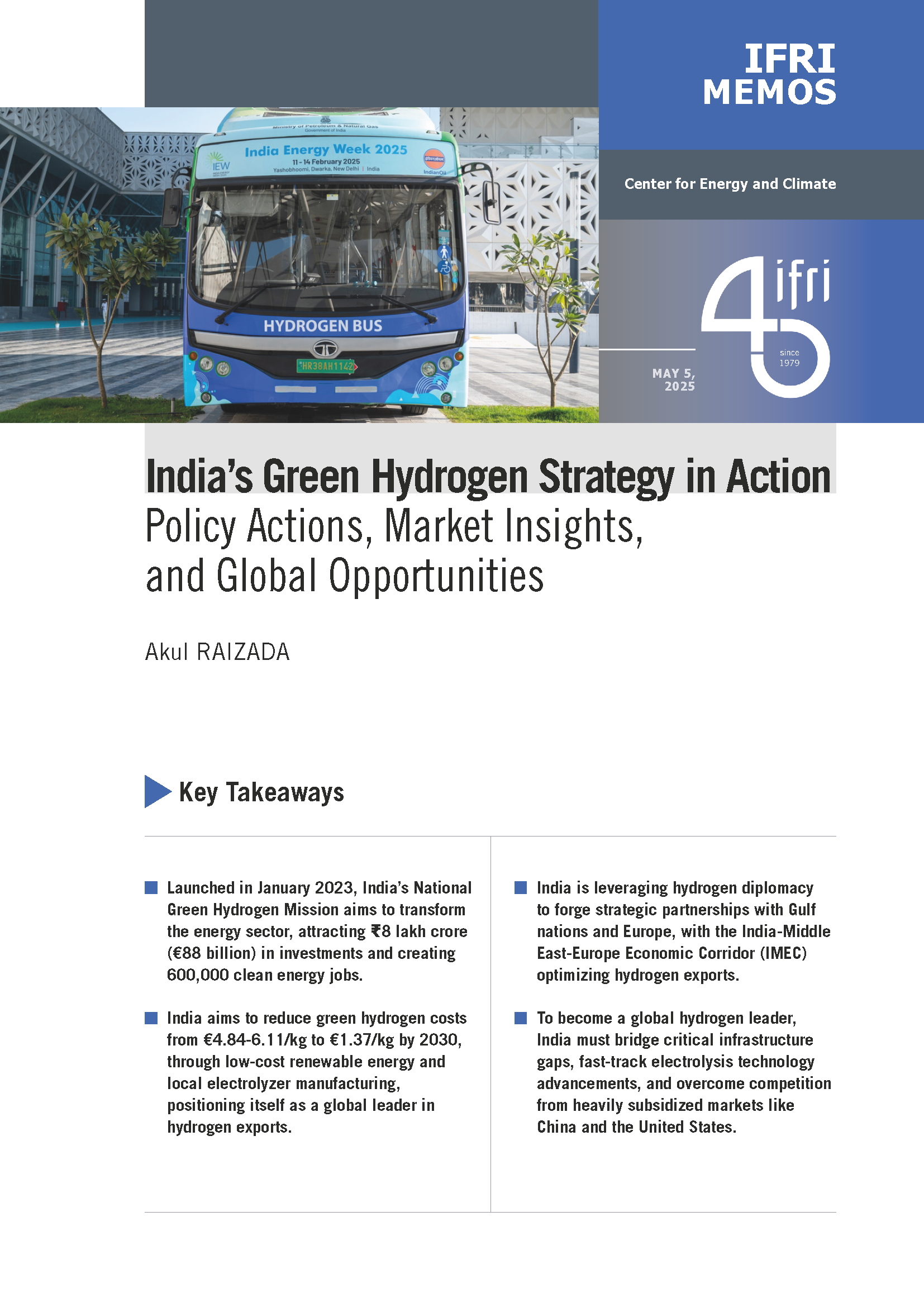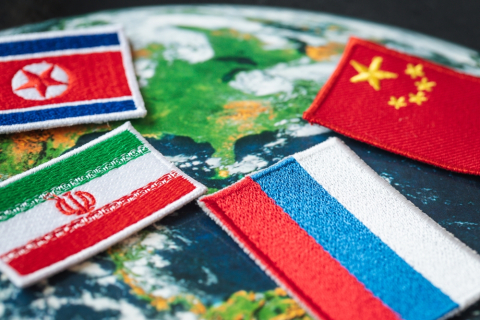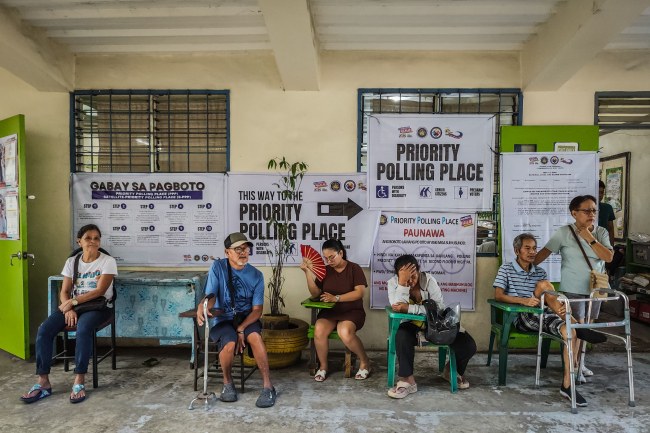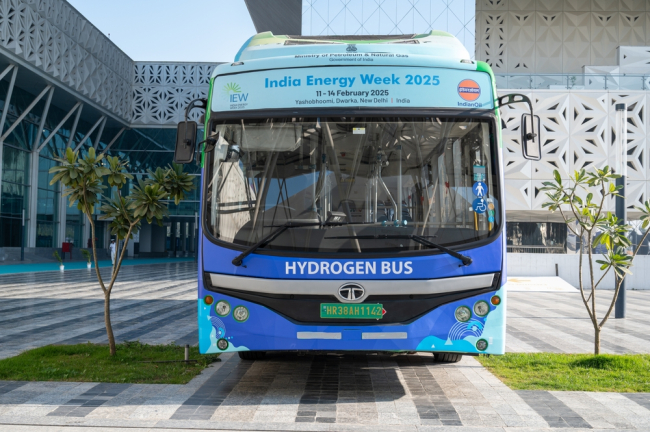Scientific Cooperation in the South China Sea: A vector for China's security diplomacy in Southeast Asia?

The South China Sea is regularly examined as a source of constant security tension, whereas analysis of scientific cooperation in the area is rare, thinly spread and short. However, scientific cooperation in maritime matters, and particularly in the South China Sea, does exist; collective research and knowledge is even considered as a means of coming together – a functional bridge – indispensable in depoliticizing recurring tensions. Disputes between parties continue to poison bilateral relations and negotiations on a Code of Conduct are put to the test by significant political questions, whereas scientific programs link an extensive network of scientists and bureaucrats who deal with complex maritime issues and resource management, and who share a common interest for preserving fragile ecological balances.
Scientific programs obviously serve the interests of both China and the Southeast Asian countries: areas of cooperation are numerous and the easiest ground to establish regional cooperation regimes. In this sense, collective scientific work or the adoption of functional standards could contribute towards defusing threatening attitudes. Yet, scientific cooperation also reflects the reality of relationships in the region, which is that of ‘unequal interdependence’, or asymmetry. In the domain of scientific cooperation, as in others, China plays on the weaknesses of its partners.
The evidence shows that China uses its rapidly developing scientific and military prowess in a synchronized manner to dissuade rivals, give credibility to its arguments and secure its regional space and supply routes. After 20 years of research programs in the South China Sea, the space is effectively starting to be well controlled. This control is not really the product of scientific cooperation, but rather the result of China leading research programs and rule setting. It is therefore reasonable to question the link between the understanding of the maritime space that this research has enabled and its use for gaining power. Besides, scientific cooperation has not reduced mistrust and facilitated the agreement on a Code of Conduct.

Available in:
Regions and themes
Share
Download the full analysis
This page contains only a summary of our work. If you would like to have access to all the information from our research on the subject, you can download the full version in PDF format.
Scientific Cooperation in the South China Sea: A vector for China's security diplomacy in Southeast Asia?
Related centers and programs
Discover our other research centers and programsFind out more
Discover all our analysesMid-term Elections in the Philippines: The Clan War Reaches New Heights
Three years after the last general and presidential elections, Filipino voters once again went to the polls on May 12, 2025, to elect their municipal and parliamentary representatives.
India’s Green Hydrogen Strategy in Action: Policy Actions, Market Insights, and Global Opportunities
India is poised to remain the world’s fastest-growing major economy, and this rapid growth is driving a sharp rise in energy demand. As the most populous country on the planet, India urgently needs to decarbonize its energy systems.

RAMSES 2024. A World to Be Remade
For its 42nd edition, RAMSES 2024 identifies three major challenges for 2024.

France and the Philippines should anchor their maritime partnership
With shared interests in promoting international law and sustainable development, France and the Philippines should strengthen their maritime cooperation in the Indo-Pacific. Through bilateral agreements, expanded joint exercises and the exchange of best practices, both nations can enhance maritime domain awareness, counter security threats and develop blue economy initiatives. This deeper collaboration would reinforce stability and environmental stewardship across the region.









